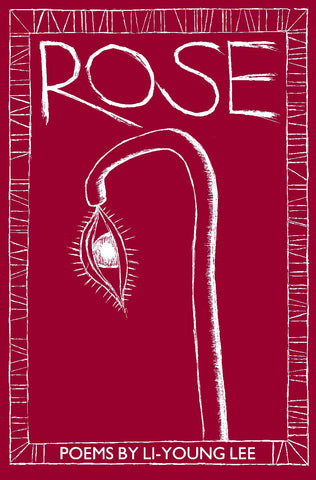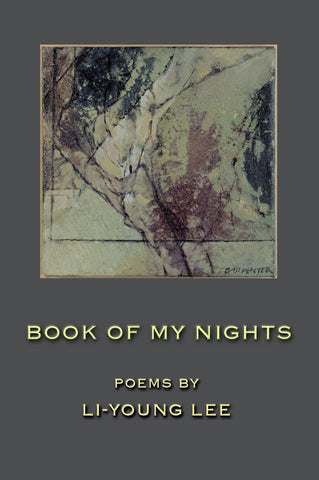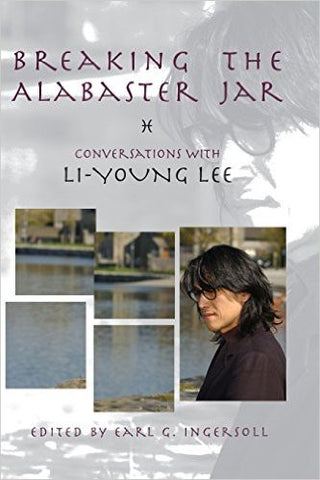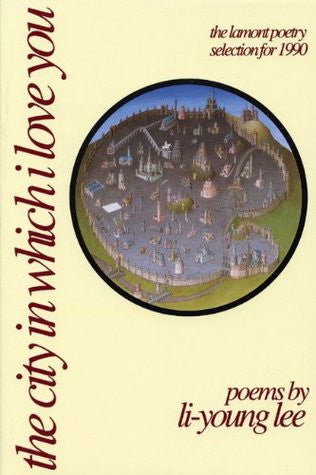
About This Title
Signed copies available in limited supply
WINNER OF THE DELMORE SCHWARTZ MEMORIAL POETRY AWARD
Influenced by the classical Chinese poets Li Bo and Tu Fu, Li-Young Lee’s poetry is noted for its use of silence and, according to Alex Lemon in the Minneapolis Star Tribune, its “near mysticism” which is nonetheless “fully engaged in life and memory while building and shaping the self from words.” Though at times described as a supremely lyric poet, Lee’s poems often use narrative and personal experience or memories to launch their investigations of the universal, which Lee discussed in an interview with Tina Chang for the Academy of American Poets: “If you rigorously dissect it, you realize that everything is a shape of the totality of causes. What’s another name for the totality of causes? The Cosmos. So everything is a shape of Cosmos or God. It feels like something bigger than me—that I can’t possibly fathom but am embedded in.”
In the Foreword to Lee’s debut collection, Rose, Gerald Stern says that he is “amazed by the large vision, the deep seriousness, and the almost heroic ideal” of Lee’s poetry, adding that it is “reminiscent more of John Keats, Rainer Maria Rilke, and perhaps Theodore Roethke than William Carlos Williams on the one hand or T.S. Eliot on the other.”
"The rose becomes not something to stare at, but to consume. The rose, which is history, the past, a "doomed profane flower" to be adored and destroyed. To be eaten. Like the speaker. I celebrate Li-Young Lee's fine book of poems. I think we are in the presence of a true spirit.
—Gerald Stern
© BOA Editions, Ltd. 1986.




